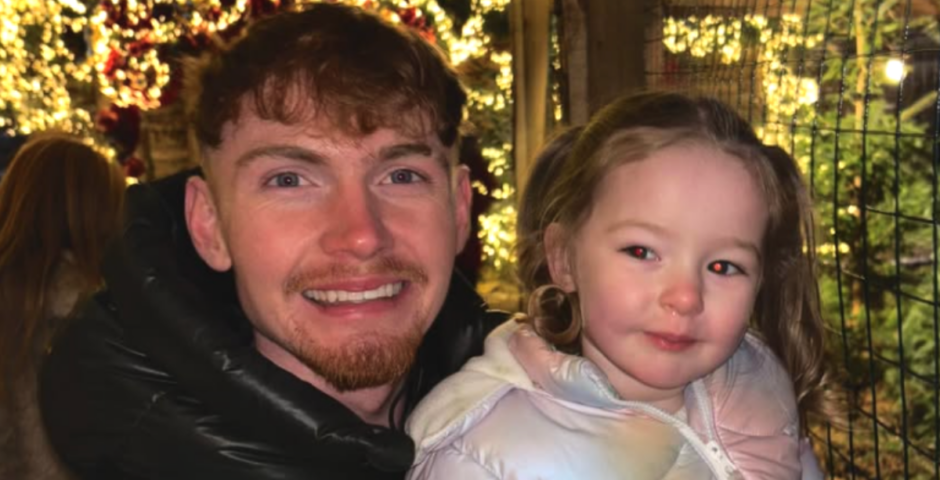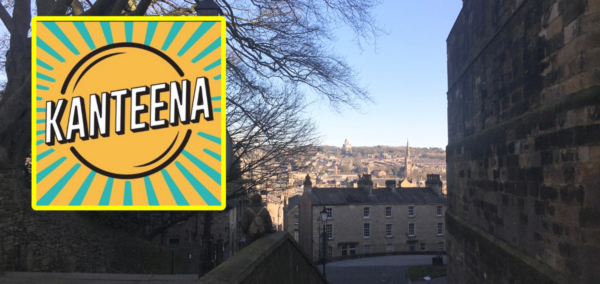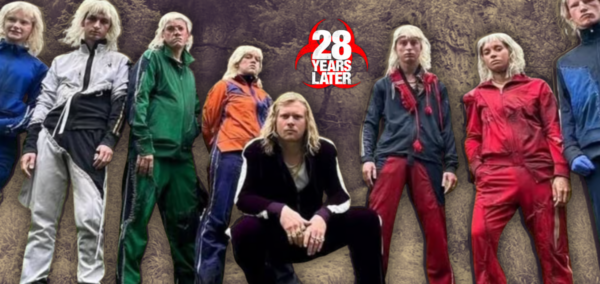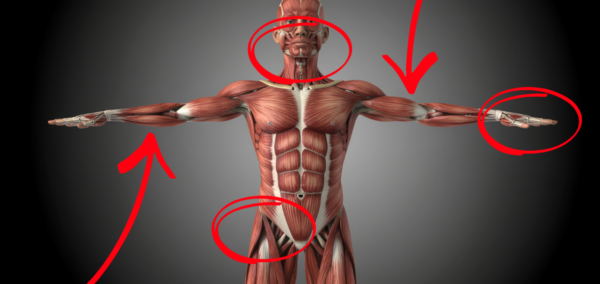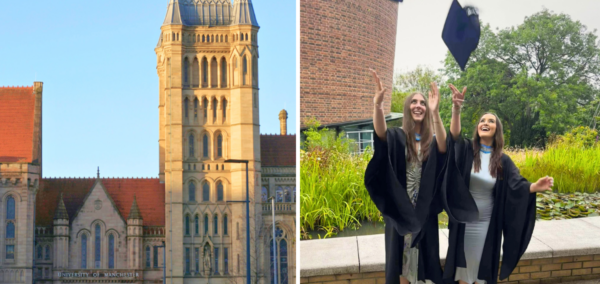
Legacy of courage: The story of Auschwitz survivor and Glasgow Uni alum Susan Singerman
We must never forget. We must say, ‘never again’
The son of Auschwitz survivor has shared the harrowing experiences of his mother in the notorious concentration camp, Auschwitz, recounting how the trauma she endured would haunt her for the rest of her life.
Susan Singerman, born in Szekesfehervar, Hungary in 1925, was just 19 when the German forces occupied Hungary. In June 1944, she and her family were deported by cattle truck to Auschwitz. There, Susan was chosen to live by the infamous Josef Mengele, making her the only member of her family to survive. Her mother and 12-year-old sister were sent to the gas chambers.
In an interview with Clyde 1, Susan’s son, Howard Singerman, explained the shocking conditions of their journey to Auschwitz. “My mother said 100 of them were squeezed into each cattle truck. There was a bucket of drinking water, but that got knocked over on the first night, so there was no water or food for the whole four-day journey,” he recalled.
Despite the unimaginable horrors she witnessed, Susan maintained that it was crucial not to let the Nazis strip away her humanity. She would often say that she refused to allow the Nazis to “turn her into an animal.”
From 15th May to 7th July, 1944, over 430,000 Hungarian Jews were sent to Auschwitz, with only a few thousand surviving. In March 1945, Susan was forced on a “death march”—a gruelling trek to Belsen concentration camp. The majority of prisoners perished during these marches.
On the first night of the march, Susan and fellow prisoners were held in a barn. When they woke, they found that the German guards had abandoned them. In the distance, they saw soldiers approaching. Susan, fluent in several languages, spoke with a tall black American soldier who assured her they were safe in the nearby village.
Most Read
Susan’s liberation came on 1st April, 1945. Afterward, she moved to Scotland, where she had distant relatives in Ayr. She later settled in Glasgow, where she raised two children while studying German and French at the University of Glasgow.
For many years, Susan kept silent about her traumatic experiences, but after retiring in the mid-1980s, she began to speak to students about her past. Her testimony left a lasting impact on the many young people who heard it, with hundreds of letters sent to her from moved schoolchildren.
In recognition of her efforts to educate others about the Holocaust, Susan was awarded an MBE in 1996. She was deeply committed to ensuring that the horrors of Auschwitz were never forgotten.
Her son, Howard, spoke of his mother’s struggle with survivor’s guilt. “Once, she asked my family: ‘Have I done right by you? Did I deserve to survive?’” he shared. “I think it’s very moving that my mother suffered from survivor guilt. She had lost all of her family, and she was scarred for life by that loss.”
While Jewish festivals were times of joy for most, for Susan, they were a painful reminder of everything she had lost.
The 27th of January marked the 80th anniversary of Auschwitz’s liberation and Holocaust Memorial Day. Susan passed away on 17 January, 2011, following a lifetime of campaigning against racism and antisemitism.
Howard Singerman stressed the importance of keeping his mother’s legacy alive. “This day should remind us of the dangers that racism, antisemitism, intolerance, and hatred can cause,” he said.
“Auschwitz was a place of ultimate horror. 1.2 million people were murdered there, including Jews, Roma, homosexuals, communists, and other political prisoners. It was a terrible place. We must never forget. We must say, ‘never again.’”
You can read more about Susan’s story on the Gathering Voices website
Featured image via Gathering Voices





